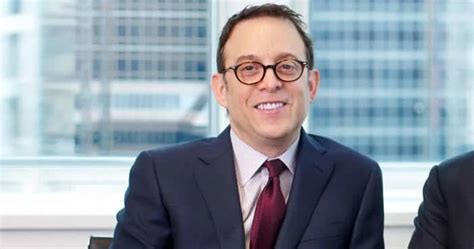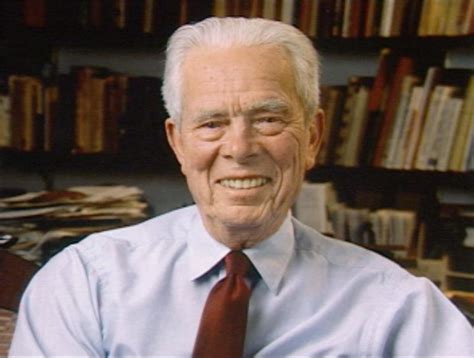A Quote by Mohamed ElBaradei
The gap between rich and poor is widening dramatically. There's a hangar at the Cairo airport for private jets, billionaires are on the Forbes list, and Egypt's annual per-capita income is two thousand dollars. How can you sustain that?
Related Quotes
Equality is not possible. The pursuit of equality, however, people really love that. For some reason, people attach the most wonderful of motives to people who say they see all this inequality out there and need to fix it. It's just not fair. You'll hear it manifest itself in discussions about the so-called widening gap between the rich and the poor or the widening gap between men and women. It's like actually two twin beds.
The great question for our time is, how to make sure that the continuing scientific revolution brings benefits to everybody rather than widening the gap between rich and poor. To lift up poor countries, and poor people in rich countries, from poverty, to give them a chance of a decent life, technology is not enough. Technology must be guided and driven by ethics if it is to do more than provide new toys for the rich.
The main issue [of the Scientific Revolution] is that the people in the industrialised countries are getting richer, and those in the non-industrialised countries are at best standing still: so the gap between the industrialised countries and the rest is widening every day. On the world scale this is the gap between the rich and the poor.
And yet the world we live in-its divisions and conflicts, its widening gap between rich and poor, its seemingly inexplicable outbursts of violence-is shaped far less by what we celebrate and mythologize than by the painful events we try to forget. Leopold's Congo is but one of those silences of history.
Nowadays, we are confronted by a huge gap between rich and poor. This is not only morally wrong, but practically a mistake. It leads to the rich living in anxiety and the poor living in frustration, which has the potential to lead to more violence. We have to work to reduce this gap. It's truly unfair that some people should have so much while others go hungry.
Just look at that Forbes 400. Takes a billion three to get on the Forbes 400 this year. And the aggregate wealth is just staggering. And those people are paying less percentage of their total income to the federal government than their receptionists are. [...] I'll bet a million dollars against any member of the Forbes 400 who challenges - me that the average for the Forbes 400 will be less than the average of their receptionists.
The reality is that not only were we massively hit in 2008 when the bubble burst, and then we realized how deep the social gap, the economic gap in the world is between the super rich and the poor; also, we realized how impacted the environment has been. So there's been a physical consequence of that.
If you look at the list of the top wheat importers for 2010, almost half of them are Middle Eastern regimes: Egypt, Algeria, Iraq, Morocco, Yemen, Saudi Arabia, Libya, and Tunisia. Egypt is the number-one importer of wheat in the entire world. Tunisia leads the entire world in per capita wheat consumption. So it's no wonder that the revolutions began with Tunisians waving baguettes in the streets and Egyptians wearing helmets made of bread.





































